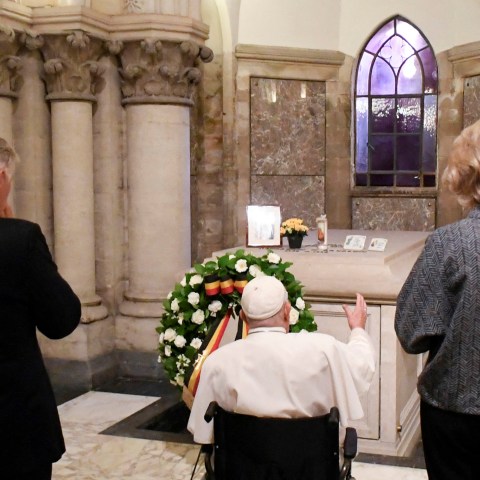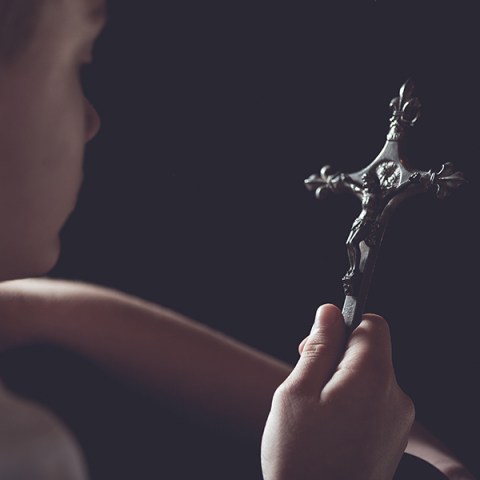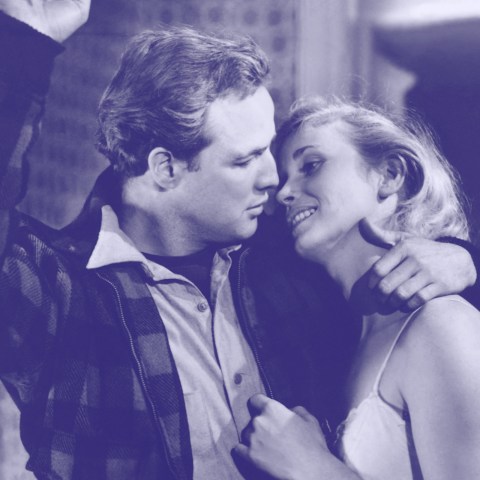What does a modern-day knight look like? To answer this thorny question, Aleteia has revived an ancient code of chivalry from the 12th century. These rules dictated the conduct of knights who wished to cultivate holy virtues and awaken the noblest feelings in themselves. At first glance, such a code may seem outdated or inappropriate for the modern age. But is it really? Aleteia has asked priests to revisit and update for us the precepts of this code—something from which our modern society could gain great inspiration. Together let's foster a new spirit of chivalry!
This week, Fr. Bernard Peyrous studies one of the virtues of a chivalrous knight: the love of his country. Fr. Peyrous is a priest, member of the Emmanuel Community, and former rector of the Shrine of Paray-le-Monial, as well as the author of a book in French on a Christian approach to patriotism.
You shall love the country where you were born
Knight! Love your country, because you know that no one is born anywhere by chance. We believe in a providential God, so coincidence does not exist. The Lord loves the Earth so much that He has blessed every place. As a Christian knight, you must place your life under God's blessing and therefore love the country and the period in which you were born.
In 1914, there were only 53 nations in the world ... compared to more than 190 today! All nations need to find their soul, their deepest vocation, to respond to God's call. St. John Paul II explained this very well in the case of Poland in his book-testament: Memory and Identity. This means that if I am born in the United States of America, England, or the Philippines (just to give a few examples), I must participate in its vocation. It’s therefore necessary to get to know one's country, its history and its culture in order to become imbued with this vocation. And a country’s vocation goes beyond its own borders; it has a role to play, through solidarity and fraternity, on the world stage.
Benedict XVI addressed the question of national identity during his visit to France in 2008, comparing all nations to a large family where each member is both different and indispensable:












